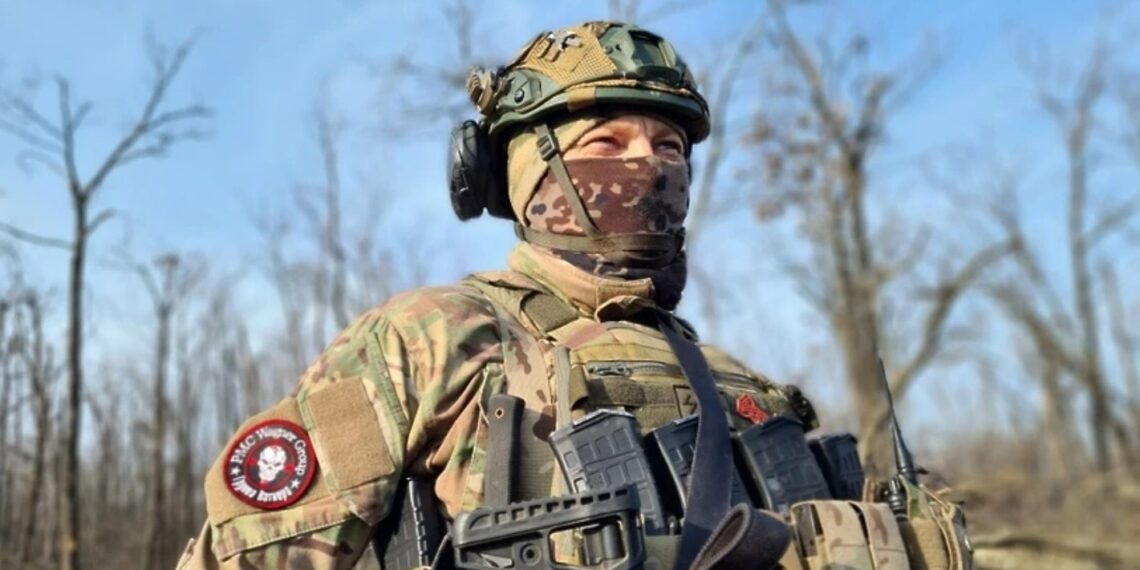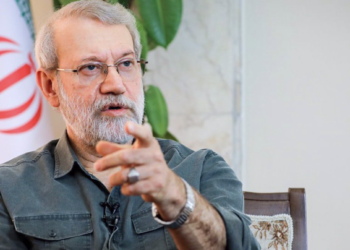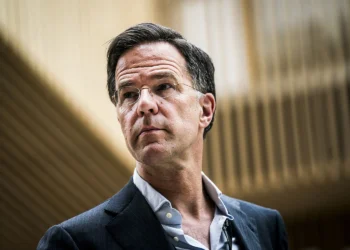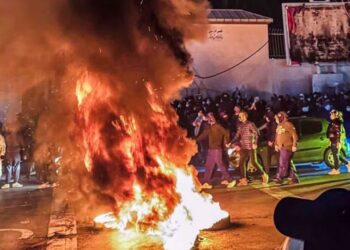MOSCOW (Realist English). Recently, in social networks, on all the major channels focused on the agenda of the SMO, they reflected on the topic of the legalization of private military companies. Ideological discrepancies that have been around for almost 10 years and that have existed since the inception of such companies in Russia have been refreshed.
It is obvious that the vague legal status of the PMCs, or rather its absence in Russian legislation, harms the common cause and prevents the country from working to win an existential conflict. The problem cannot be left as it is, continuing to turn a blind eye to the ambiguous position of military structures that have effectively proved themselves at the front. Therefore, legalization looks like a logical step.
Systems like the Wagner PMC are undoubtedly effective and necessary for the development of the Army. However, those who opposed PMCs from the very beginning also have arguments that deserve attention. These arguments concern not so much the technical side of the case as the legal ideology. The problem is that the very term “private military company” is foreign to the Russian political tradition, and someone believes that it is also for the worldview. It is taken from the Anglo-Saxon system of law. What is required is not a direct tracing of foreign legal schemes, but the organic inclusion of the Wagner system into the Army organism, together with the structural reform of the Armed Forces, if it ever happens. Perhaps that is why Yevgeny Prigozhin talks about the further transformation of the Wagner PMC “into a full-fledged army that will have its own ideology.” And who will be able to defend the country. The scope of the thought is clear. How to implement this in practice?
It will require a clever legislative structure that will allow the regular Army to transform into “Wagner” (Sviridov, Artemyev, Rachmaninov and other outstanding composers).
And, conversely, “composers” become an organic part of the Armed Forces, depending on the task set by the state. This means that the legislative mechanism for the legalization of PMCs should be hybrid, built into the concept of the unified Armed Forces of Russia. This norm should not be a thing in itself.
There have already been examples of large-scale paramilitary organizations operating in a semi-legal format in Russian history. The most successful of them was the Cossacks. Which differs significantly from the European model of Landsknechts in ideology, but is able to perform such functions, being a natural part of the national security system.


















